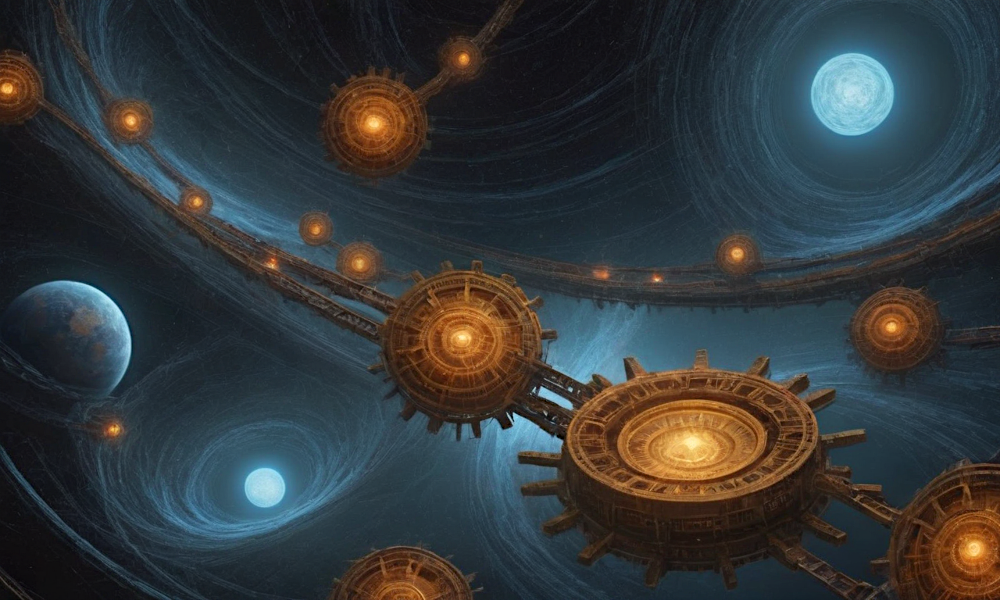
Beyond Mechanical Laws
The conventional view of the mechanical universe, governed by deterministic laws, is fundamentally flawed. These mechanical laws do not operate as they appear to based on physical perceptions. In reality, there exists an incredibly complex, non-local connection between all things, allowing the world to intermingle in ways that seem improbable or even impossible according to conventional reasoning.
The rational mind, with its insistence on (certain) cause-and-effect relationships and absolute certainties, often falls short in grasping the true nature of reality. Reasoning itself can be misleading when applied dogmatically to complex systems. Instead, a more flexible and probabilistic approach is warranted. Logic, for example, with its emphasis on probabilities rather than absolutes, provides a more effective framework for understanding the true nature of reality.
This non-local connectivity challenges our classical notions of separateness and independence. It suggests that events are interconnected in ways that transcend traditional spatial and temporal constraints. This perspective aligns with various advanced theories in physics, such as quantum entanglement, where particles remain connected so that the state of one can instantly affect the state of the other, regardless of distance.
By embracing a probabilistic and non-local view of the universe, we open ourselves to a deeper understanding of reality. This shift encourages us to question our preconceived notions and adopt a more fluid and adaptive mindset. In doing so, we may begin to uncover the true complexity and interconnectedness of all things, moving beyond the limitations of mechanical determinism and rational absolutism.
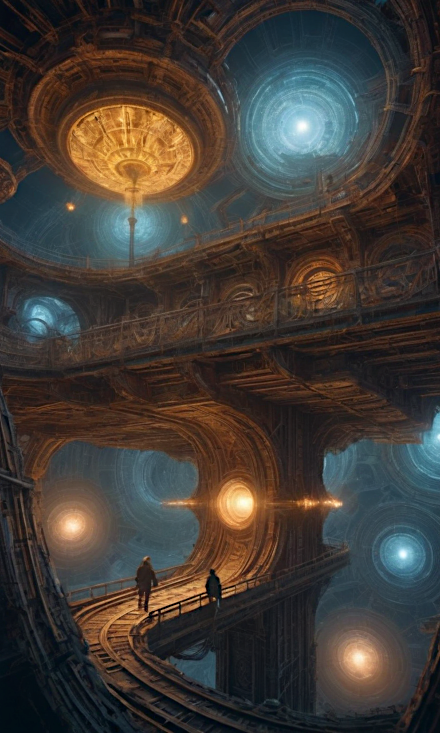
The Comfort of Certainty vs. The Uncertainty of Reality
The reason why most people resist this perspective (the idea of a logical and probabilistic reality) is that it is far too uncertain for the average mind. Human beings generally crave stability and groundedness; they seek routine and predictability because these elements provide emotional safety. However, in finding this safety, individuals often limit themselves to a narrow range of possibilities, creating a comfortable cage that restricts their perception of the greater realities available to humanity. By confining themselves within these self-imposed boundaries, people inadvertently limit the very nature of their being and potential for growth.
Stepping outside of these routinary limits involves a simple yet profound shift: embracing the uncertainty of probability. This means understanding that nothing is certain and that all things exist in a state of flux, governed by probabilistic ratios rather than fixed outcomes. By adopting this mindset, we open ourselves to a new world, one where the constraints of deterministic thinking no longer apply.
This shift from certainty to probability requires a fundamental change in how we perceive and interact with the world. It involves letting go of the need for absolute control and embracing the idea that reality is fluid and ever-changing. This does not mean surrendering to chaos but rather acknowledging that the universe operates on principles that are more complex and interdependent than traditional mechanical laws suggest.
In this new paradigm, events are not merely causes and effects but part of a vast, interconnected web where each action has ripple effects that extend far beyond what we can immediately perceive. This perspective encourages us to be more adaptable and open-minded, recognizing that our actions and thoughts are part of a larger, non-local system.
By stepping into this probabilistic world, we gain the ability to perceive greater realities and expand the limits of our being. We become more attuned to the subtle connections and patterns that underlie the surface level of existence. This heightened awareness allows us to navigate life with greater flexibility and resilience, adapting to changes rather than being overwhelmed by them.
While the comfort of certainty is appealing, it often comes at the cost of limiting our potential. Embracing a probabilistic view of reality, though uncertain, offers a path to deeper understanding and expanded possibilities. It challenges us to step outside our comfortable cages and into a world where everything is interconnected and in flux; a world where true freedom and growth reside.
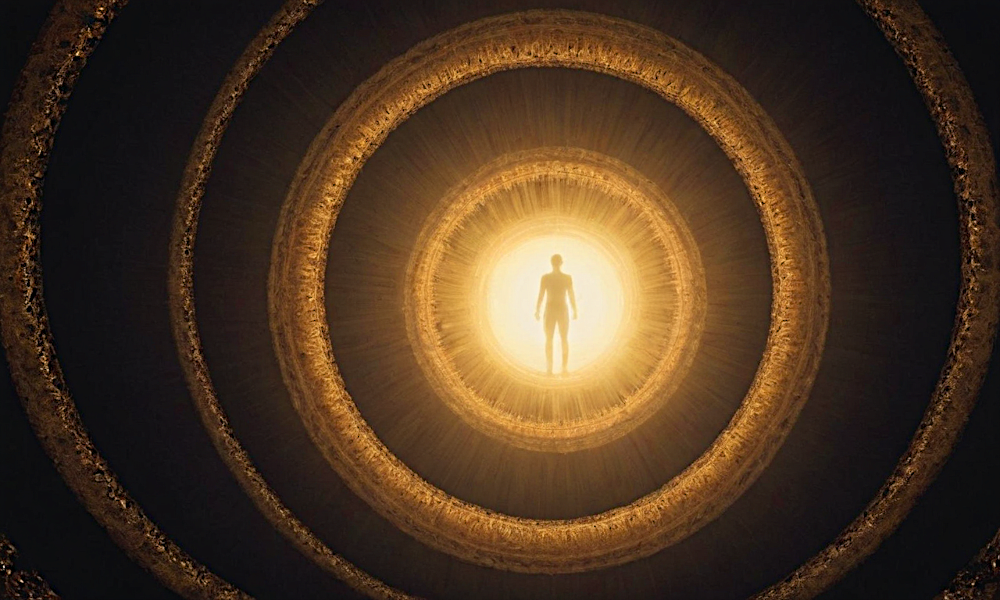
Initiating Inner Alchemy: Rewiring the Brain for Expanded Reality
But how do we make this kind of change?
It is a challenging endeavor because the ingrained patterns and routines that provide us with stability and emotional security are deeply embedded within our neuronal structures. These patterns have literally become neural frameworks within the biology of our brain. To alter this patterning, we must consistently challenge our routines until new patterns form a different neural network, equally deeply embedded within our brains. In other words, we have to reorganize our brains from the inside out, performing a kind of inner alchemy that transforms our minds and, consequently, our physical selves.
This process of inner alchemy begins with a simple yet profound practice: thinking less. By reducing the constant chatter of our minds, we create space to observe the patterns that organize our perceptions and turn raw experience into structured reality. To achieve this state of no thought, start by relaxing your body and engaging your senses fully: see with your eyes, hear with your ears, but refrain from judging anything.
For a set period, try to experience and perceive the world without judgment. Create a window of time where you suspend all critical thoughts and simply observe. Within this judgment-free zone, look for the patterns as they arise and work against them. By doing so, you clear your mental slate, creating space for new, more expanded patterns of being. Try to become DOGMA free.
Dogmas, in this context, refer to the external influences and belief systems that have shaped our perceptions and behaviors since childhood. These include cultural norms, educational paradigms, family expectations, and societal pressures. By identifying and challenging these dogmas, we can begin to free ourselves from their constraints and create a more authentic and expanded reality.
This practice of non-judgmental observation and pattern recognition is the first step in rewiring your brain for an expanded reality. As you consistently engage in this process, you will start to notice subtle shifts in your perception and behavior. These shifts are the result of new neural pathways forming, creating a more fluid and adaptive mindset.
In time, this inner alchemy will transform not only your mind but also your physical essence. By changing your internal patterns, you alter your external experiences, creating a feedback loop that reinforces your expanded reality. This is the true meaning of alchemy: the transmutation of the self from within, leading to a profound and holistic transformation.
Embrace this journey of inner alchemy with patience and persistence. The rewards are immense: a life lived beyond the limitations of routine and dogma, open to the vast possibilities of an interconnected and probabilistic reality.
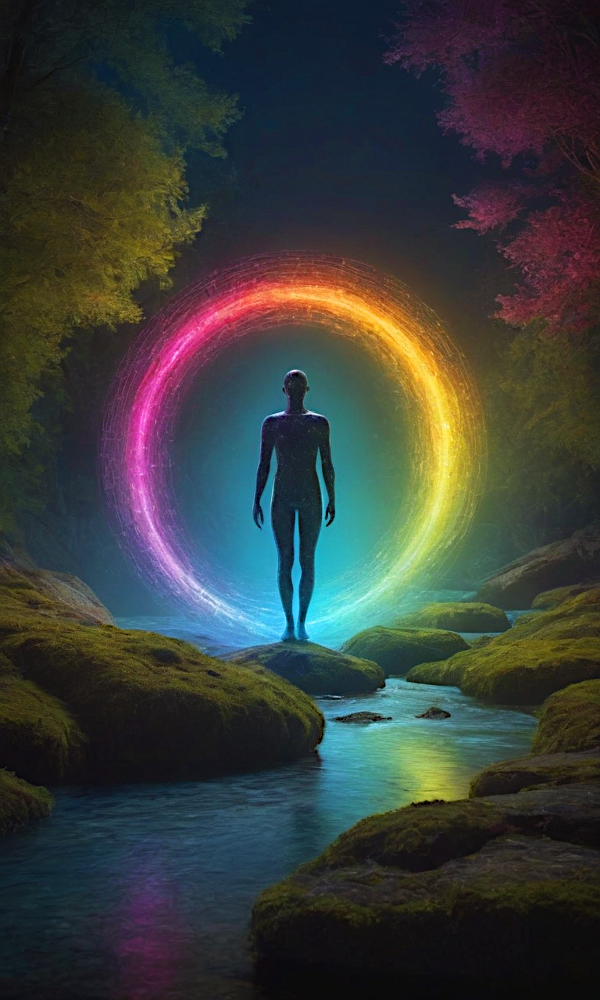

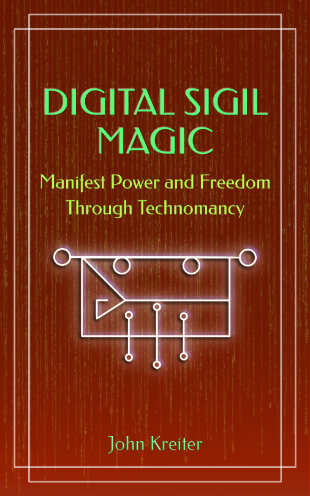
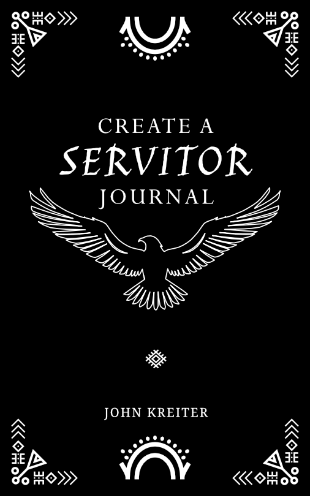
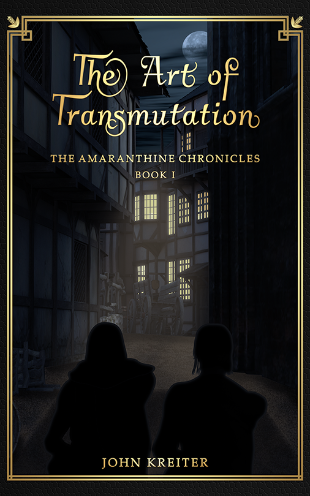
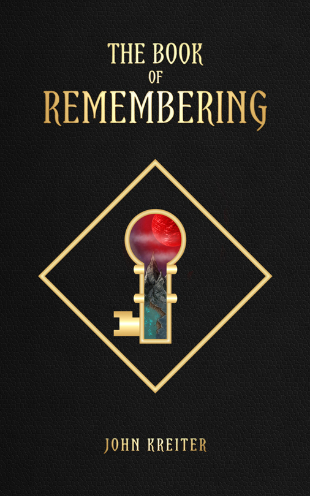
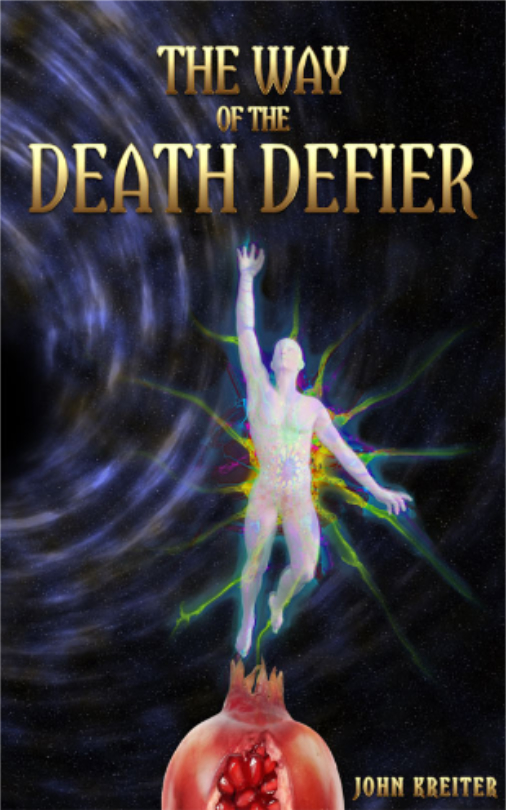
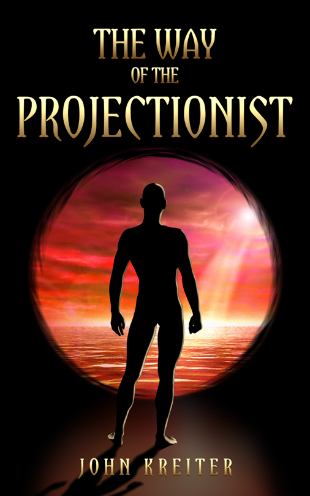
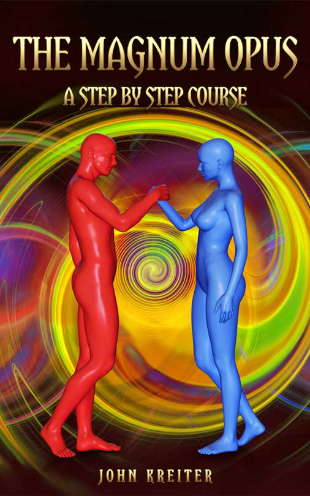
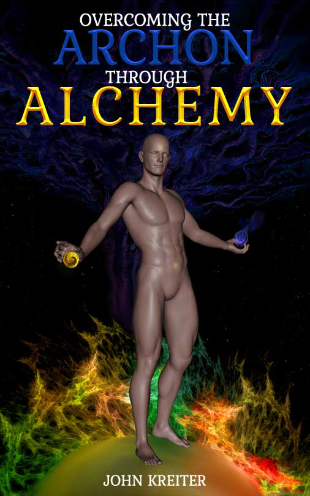
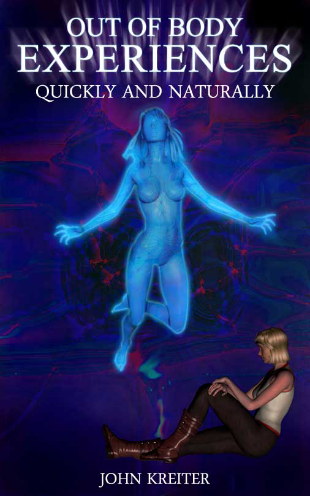
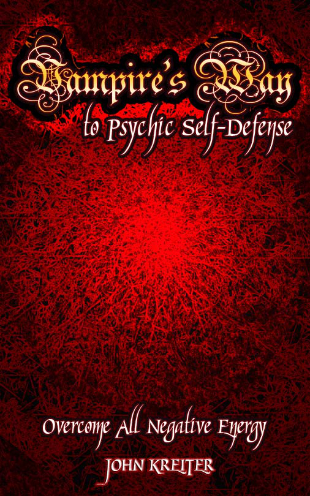
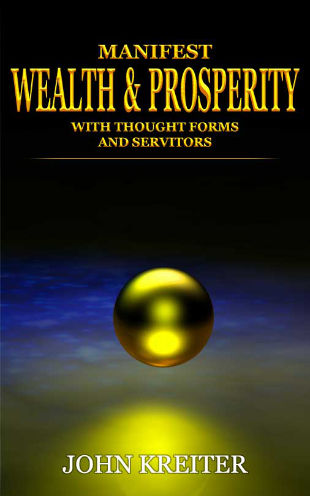
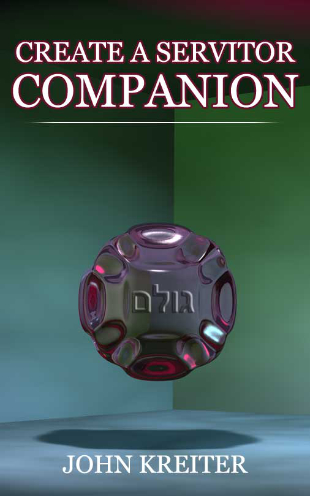
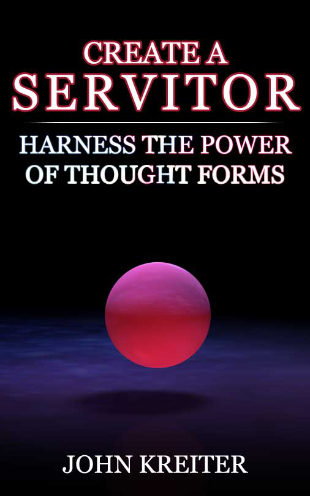

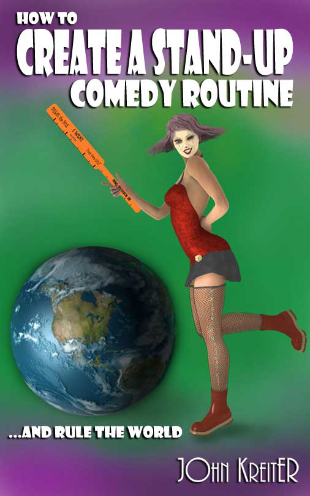
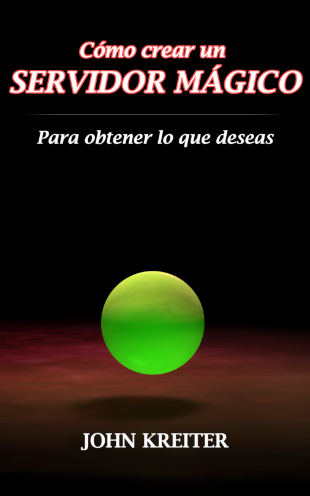


Leave a Reply